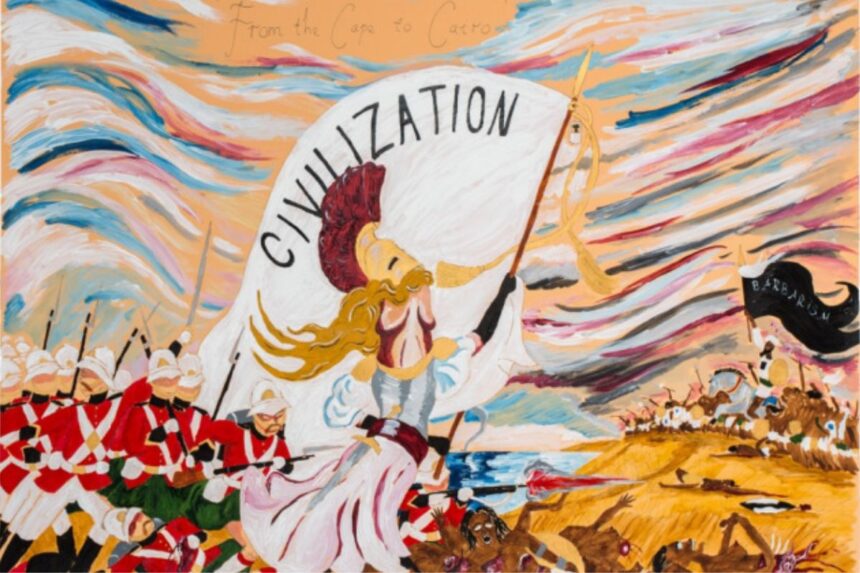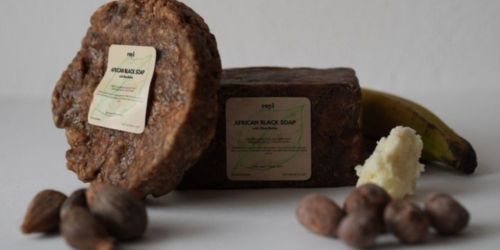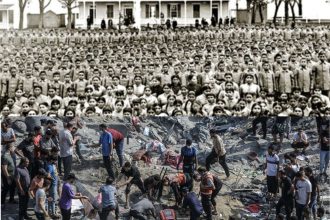When first immersing myself in the world of decoloniality—mainly through books—I found a discourse filled with trauma, pain, silenced subjectivities, agency, and a true attempt to change the world as we know it. This discourse is one that attempted to rewrite history, to address genocide, to radically confront the ecological crises we face, to put a stop to Eurocentrism, and leave no corner of modernity untouched. I took it seriously. I carried the call to “decolonize” in all arenas I entered: in my education, workplace, writings, and everyday conversations.
- The Rising Resonance of Decolonial Thought and Indigenous Movements
- The Paradox of Institutional “Decolonization”: Personal Experiences in Lebanon
- The Dilution of Decolonial Discourse: From Genuine Intent to Trendy Rhetoric
- The Essence and Erosion of Decolonial Discourse: Beyond Words to Lived Realities
- The Misappropriation of Decoloniality: When Silence Speaks Louder than Misused Words
I saw the seriousness and urgency that this movement called for; lives are at stake, and the most precious things we live for are attempted to be retaken. It presented alternatives to the many discourses that left out those from the global south.
Mostafa Soueid
No longer was it a battle between left and right, capitalism and communism, the secular and the religious, but instead, decoloniality attempted to change the terms of the conversation by centering those discourses and ways of being that were excluded from the project of world-making from the get-go. I finally found a language which allowed me to enter the conversation without resorting to the same white philosophers that thought for the world at large for so long. It allowed me a way to make sense of the disparities in the world, whether economically and nation-wide, or epistemologically and academically.
The Rising Resonance of Decolonial Thought and Indigenous Movements
Decoloniality, and even postcolonialism, allowed for indigenous ways of living—ways of relating to the world and to knowledge—to challenge the way we’ve been told to live, or at least attempted to.
All this is to say that decoloniality was something grand to me, it was a serious call for change and touched upon the deepest corners of our subjectivities. Somewhere along the way, to my surprise and joy, I started hearing “decolonize” in more spaces, beginning in university. More and more people, especially in the global south, saw the things that were being called for and resonated with them. Though I was introduced to this world through books—and some brilliant people—credit belongs to the indigenous movements in Latin America and South Africa in particular, they spoke up against coloniality and their efforts and courage echoed throughout every corner of the world. One way or another, more people joined this discourse, there began calls to “decolonize” in the most prestigious universities, and thousands marched everywhere calling for the end of Western hegemony in all spheres of our life. Again, as a student, it felt great seeing an increased amount of people challenging Western academia, and more and more papers giving space for these alternative ways of thinking about the world.
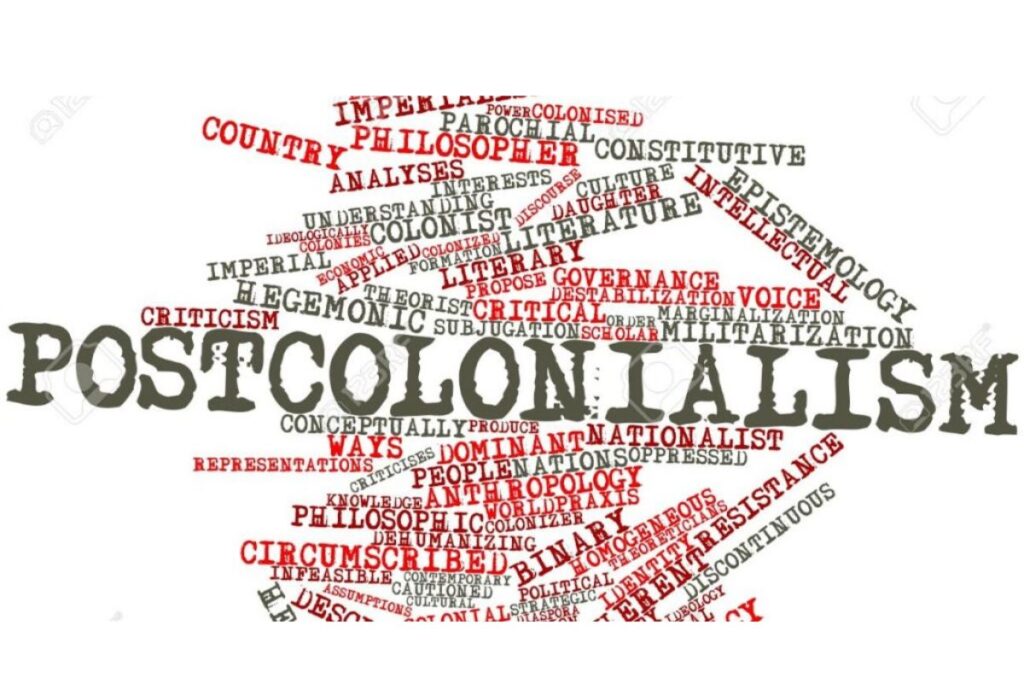
The Paradox of Institutional “Decolonization”: Personal Experiences in Lebanon
Nevertheless, in this short article, I’d like to talk about some experiences that left me less than ecstatic: taking this trauma filled discourse into a completely different direction. In recent years, I’ve had the opportunity to join a development cooperation as a volunteer. Of course, development cooperations aren’t a space for decolonization, but when I saw in the job advertisement that they were looking for someone who is well read on decoloniality, I though at least I’d be able to speak about coloniality and engage with people that saw the urgency in this movement. This cooperation, based in Lebanon, was engaged in several projects which used the banner of “decoloniality”. At first, me and my coworker sought to see how all these vast amounts of funds the cooperation was amassing could be used in ways that helped the decolonial cause, we naively attempted to decolonize through the very institutions that contributed to this system of Eurocentrism. Being based in Lebanon, Israel was a recurring topic. Being a governmental organization, this cooperation saw reluctance and outright rejection to holding a stance with the Palestinian cause—Israel was always the elephant in the room. We kept asking ourselves how could an organization whose government sends immense amount of wealth to a colonizing entity—Israel—hold the banner of decolonization and attempt to “decolonize mental health”.
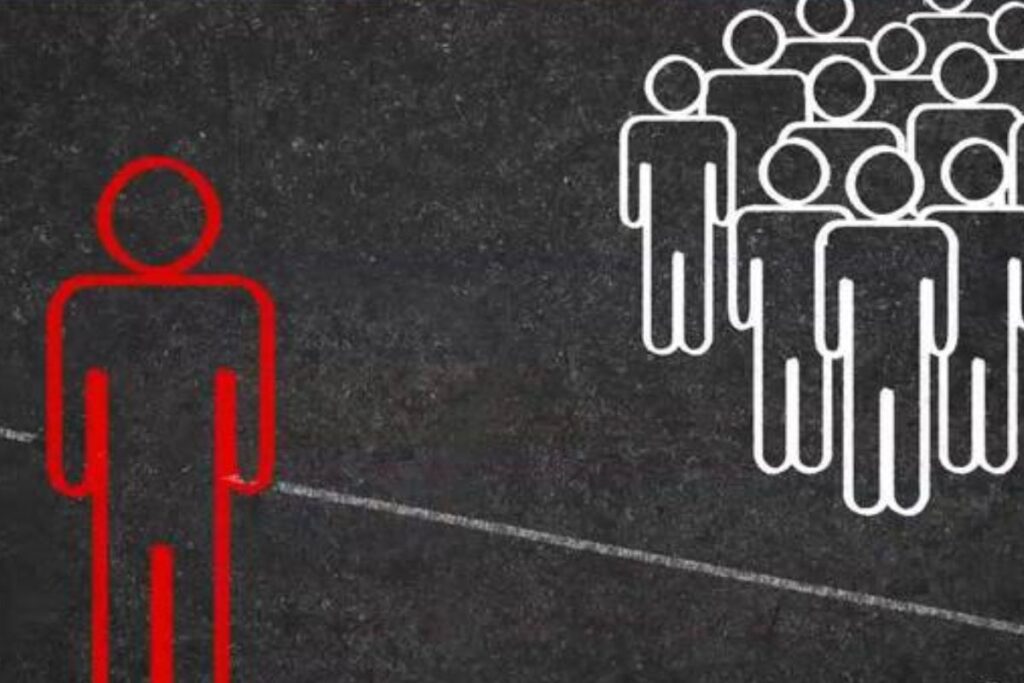
Even more so, how could an organization whose very being rests upon notions like nationalism, capitalism, “green energy”, and reproducing the very problems that plague us, be serious about decolonization. These problems were epitomized when, in a conference organized by us, which attempted to center social injustices in mental health, and “decolonize mental health”, whence we invited several practitioners, activists, and scholars, and they raised the same issues and concerns that me and my coworker have been raising for so long. The conference broke open the dissonance that this discourse was engaged in, it made one thing clear; decolonization cannot happen through organization institutions not willing to think radically.
The Dilution of Decolonial Discourse: From Genuine Intent to Trendy Rhetoric
A similar experience happened at another psychology conference, where a “decolonial summer school” addressing “decolonizing culture and thinking differently” took up the banner of decolonization. Instead of the trauma filled discourse that seriously spoke up against the history of the world, we were confronted with a White man talking about multiculturalism and the beauty of different cultures. Words like “race”, “genocide”, “Eurocentrism”, and even “colonialism” were barely uttered. To be fair, the organizers apologized, and another co-host attempted to introduce some key concepts about postcolonialism.
It appeared that every conference I attended, every mental health post I occupied, every academic discourse I read upon, and every newspaper article I saw was now concerned with decolonizing. Non-Governmental Organizations are now manualizing indigenous knowledges,movies and TV-shows are speaking about colonization,oliticians are now talking about their indigenous roots, sports teams were changing their names, and schools were inserting something related to colonialism in their curricula. Decoloniality became a bandwagon that organizations and people left-and-right were hopping on to appear more favorable. The more decolonialism became popular, the less change seemed to be happening. Instead of talks about radical alternatives to the world at large, we were now somehow speaking about “decolonizing monitoring and evaluation”, as if throwing “decolonial” before anything made it any less colonial. Giving a course in schools about Indigeneity somehow erased education’s colonial impetus.
The Essence and Erosion of Decolonial Discourse: Beyond Words to Lived Realities
Decoloniality’s story begins with one of genocide, with memories and relationalities that were erased and replaced. In every book I read, in every story I encountered, in every community injured by modernity I entered, in every serious call to decolonization, my heart became heavier- a sense of anger, urgency, and sorrow crawled throughout me. Fanon spoke about getting our humanity stripped from us; our very being is at stake. This anger, urgency, and sorrow, this call to action, this agentive call to gain back our humanity, is missing from the plethora of “decolonial” discourses I’ve come to encounter.
Lest I be mistaken, I do not claim to be spokesmen to indigenous movements, I obviously do not own this movement, and merely hope to be contributing to it. I hold as much right to use the language of decoloniality as anyone else does.
Mostafa Soueid
I simply attempted to speak out against some of the uses of decoloniality that I’ve encountered. Decoloniality is not a word, it is not a discourse—though I’ve employed it as such for simplicity’s sake—it is not a prefix, and is not academia. It is so much more, and carries with it lived realities and experiences of those that have lost so much.
The Misappropriation of Decoloniality: When Silence Speaks Louder than Misused Words
Enunciating from West-Asia, and positioned as a Muslim, racialized Arab man, I do not even know if I could employ decoloniality. I do not know where my indigeneity is located, and fear appropriating a largely Latin-American discourse. Yet, I see decoloniality employed so easily, decolonialism spoken of so easily. Though I am not sure how I fit within this movement, I am sure that this movement does not belong everywhere. Its place is not within spaces, institutions, and organizations which uphold and reproduce coloniality. It is better not to employ the term at all then to use it to appease to the hurt that so many people encounter. “Decolonization is not a metaphor”, and if there is no serious attempt to address the history and legacy of Western Colonialism in all cruxes of “modern” life, then there are many other words and discourses that one could use which don’t carry the trauma and memories of decolonial discourses.
In the words of Audre Lorde, “the master’s tools will never dismantle the master’s house”. We are not only using the master’s tools, but allowing the master to use our tools to rebuild his own house. Those suffering from the legacies of Western colonialism are speaking—and have been speaking for centuries—instead of speaking with them, over them, and even worse, using their trauma to gain some sense of moral legitimacy, it’s time to sit down and listen, and allow the bandwagon to pass by without pretending to know what they’re calling for.








